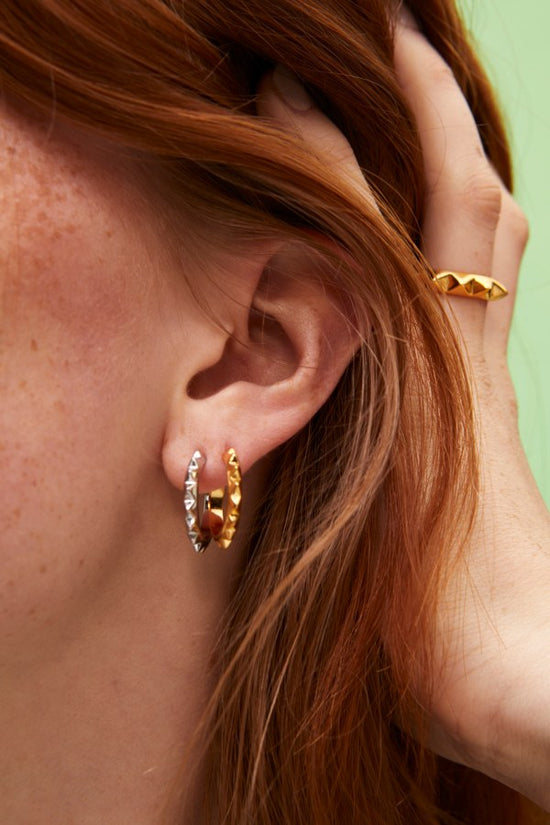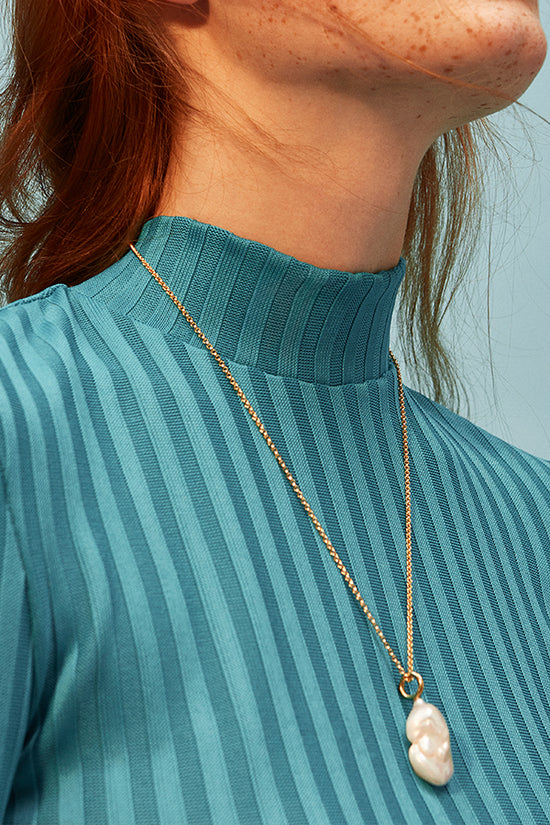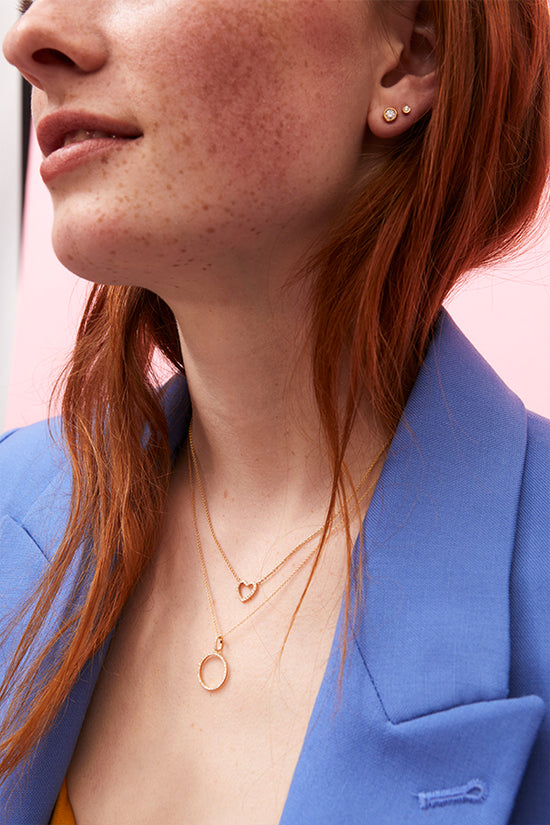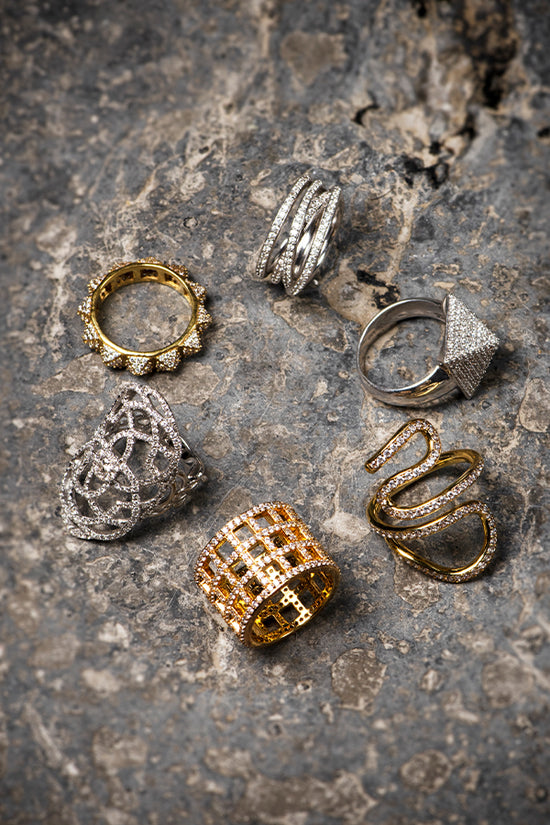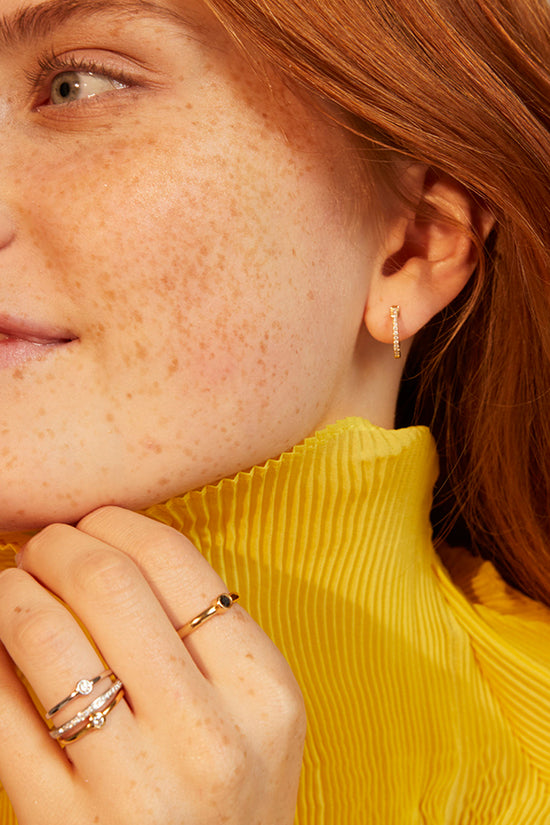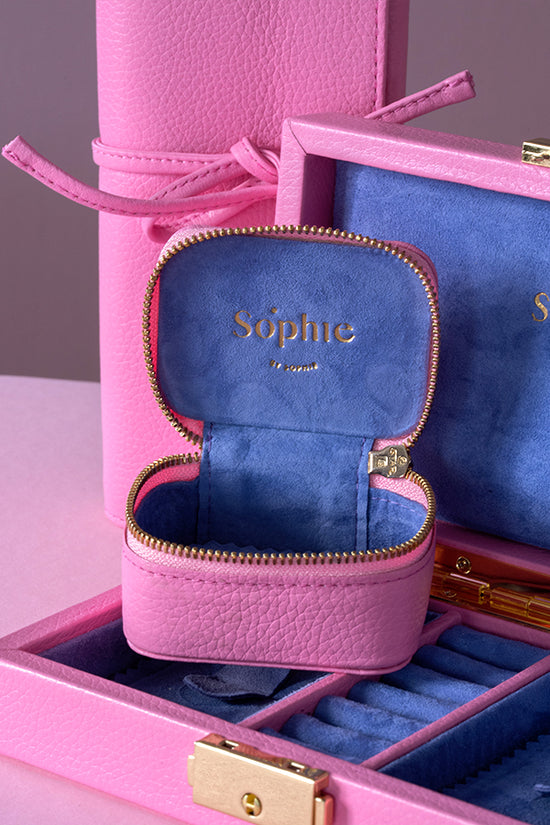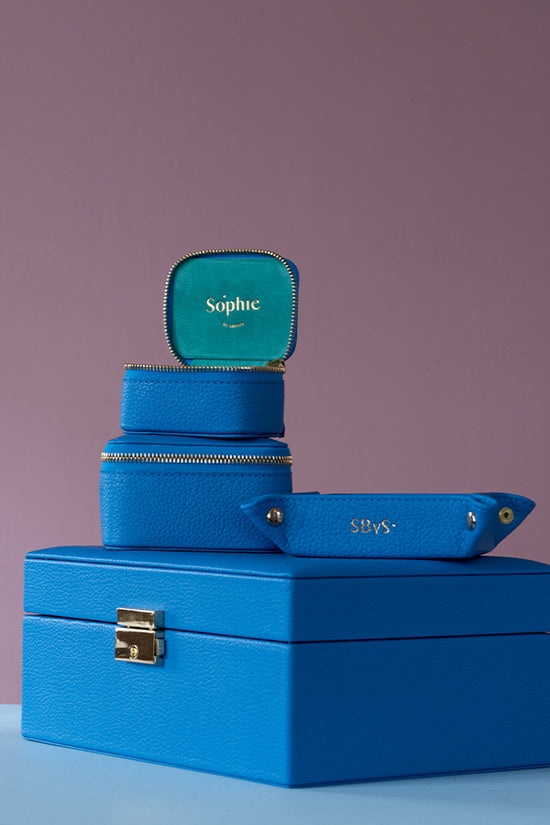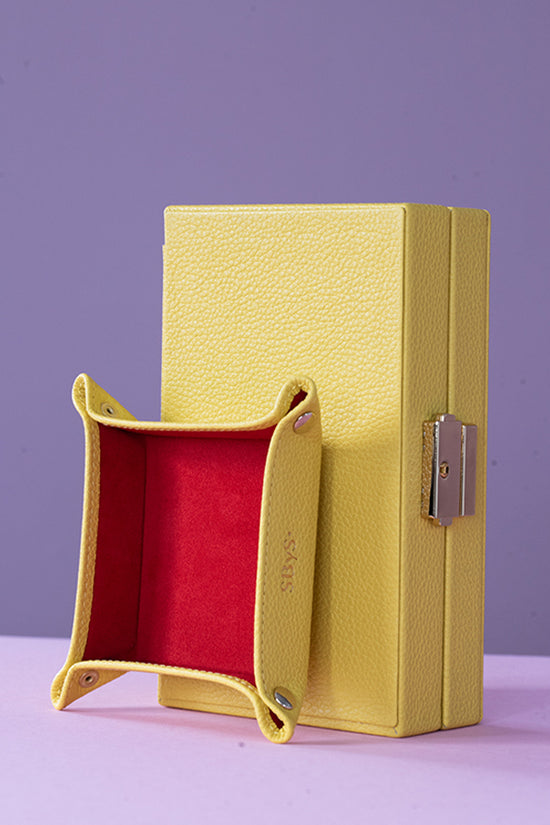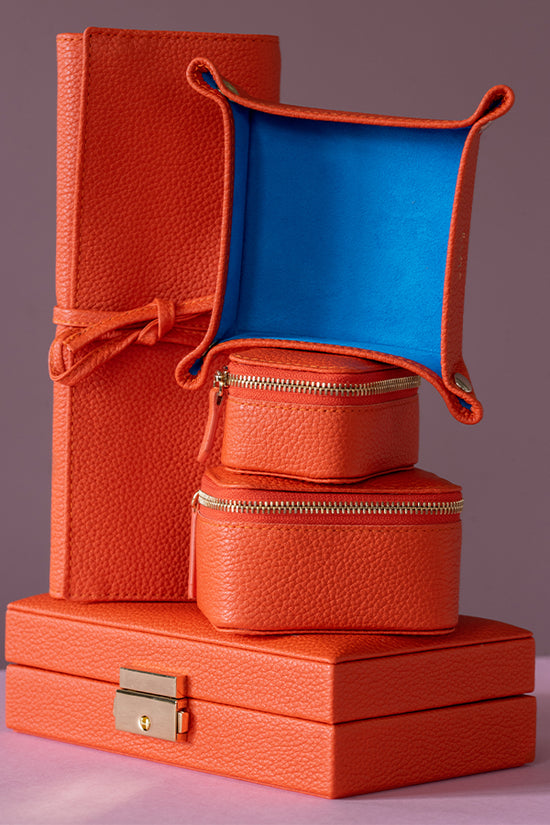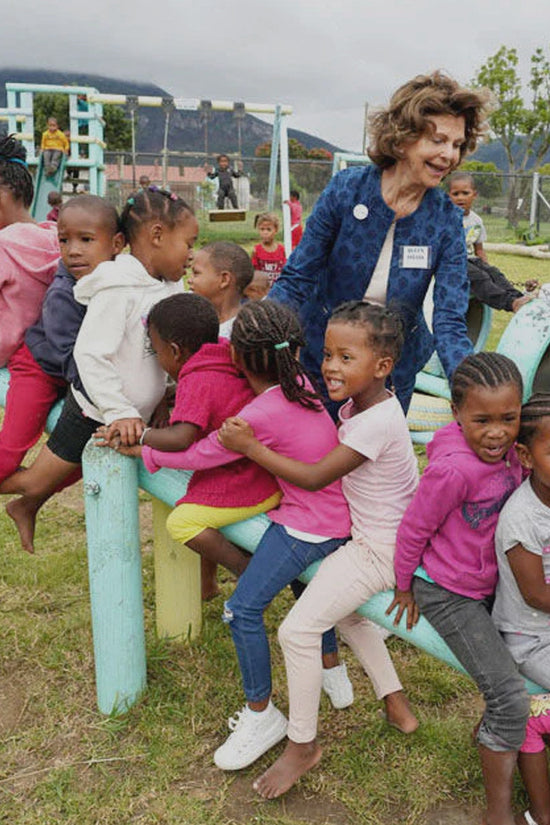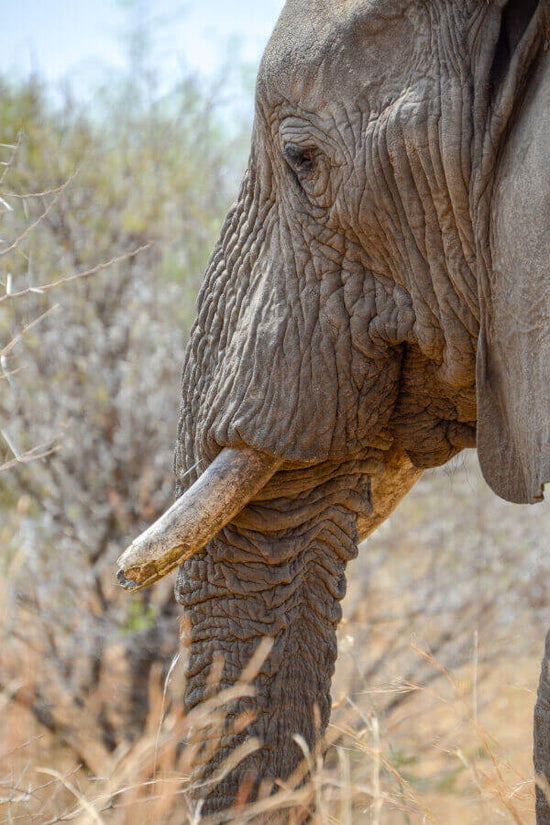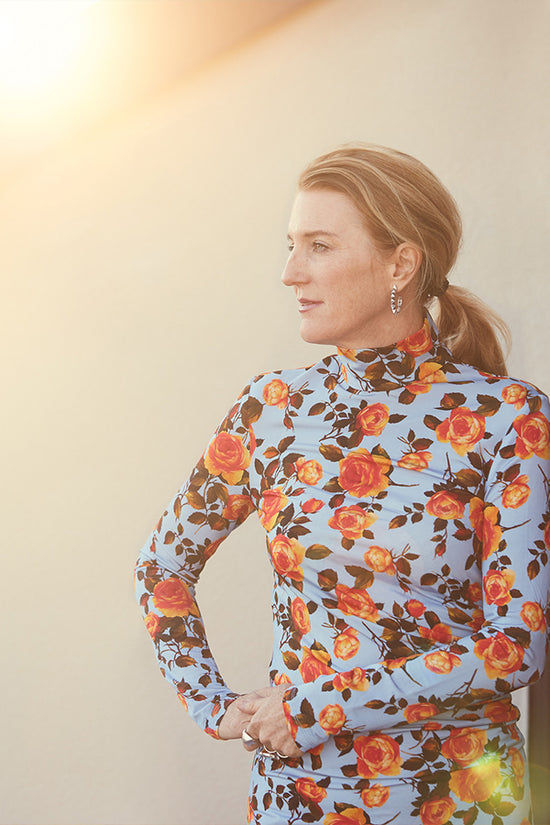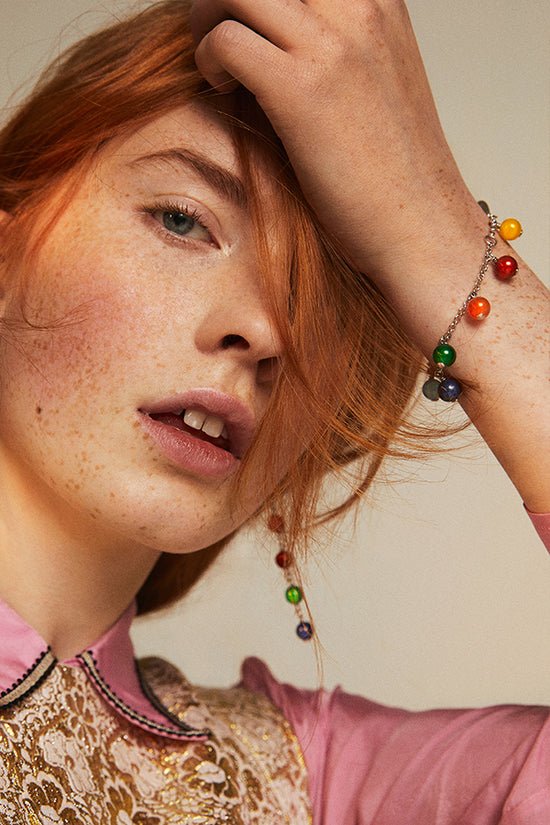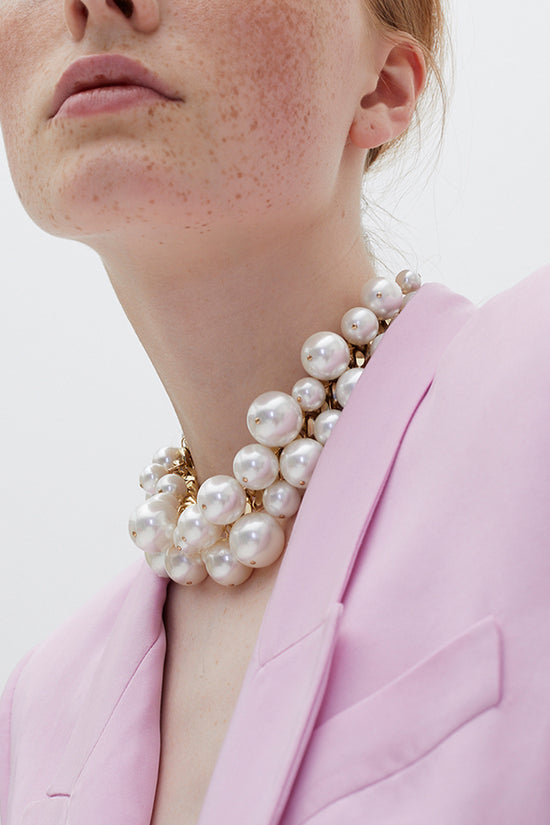World Childhood Foundation - The Story

10 STORIES - 10 STONES
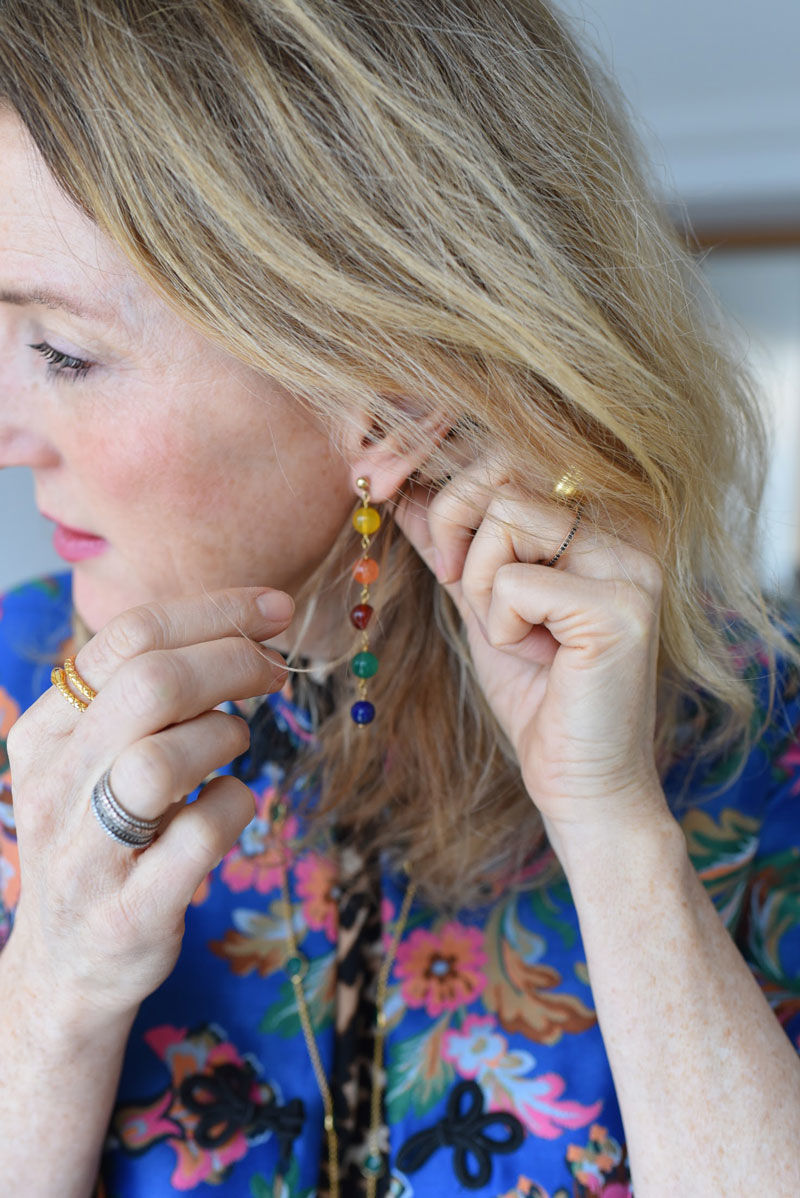 The Story Of Our Collaboration
The Story Of Our Collaboration
Sophie knew from the very beginning of her career that she wanted to initiate a charity collaboration and so she contacted the World Childhood Foundation in 2007. The foundation was founded by Her Royal Majesty Queen Silvia of Sweden in 1999. The goals of Childhood are that no child should be exposed to a violent or damaging environment, but instead have the opportunity to grow up with memories of a safe and loving childhood. In 2007 Sophie designed the Childhood bracelet with 10 precious stones, where each stone represents a paragraph in the UN Convention on the Rights of the Child. Today the bracelet has become a collection and for each sold jewellery 10 % is donated to Childhood.
"We are so excited for Childhood who celebrates 20 years as a foundation this year. So many children they have helped and so many endless stories. We are proud to have been part of 10 of those years. Read some of Childhoods stories and get to know the people behind the missions."
Childhood's 20-year history contains so many important moments, invaluable stories and people whose lives they have influenced. I am very proud to be involved and contribute to their important work.
Sophie Gyllenhammar Mattsson, Designer and Founder Sophie by Sophie



10 precious stones - 10 important conventions
Each of the 10 stones in the Childhood jewellery represents 10 paragraphs of the United Nations’ children’s rights convention.











